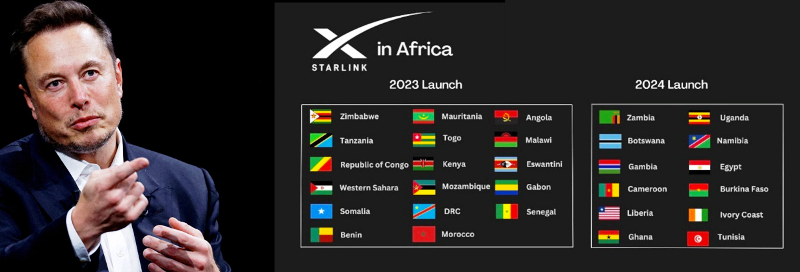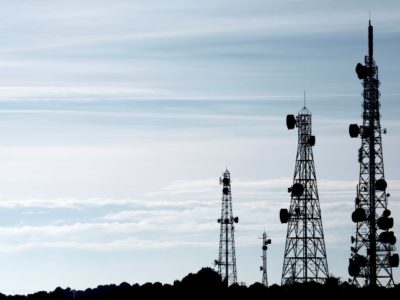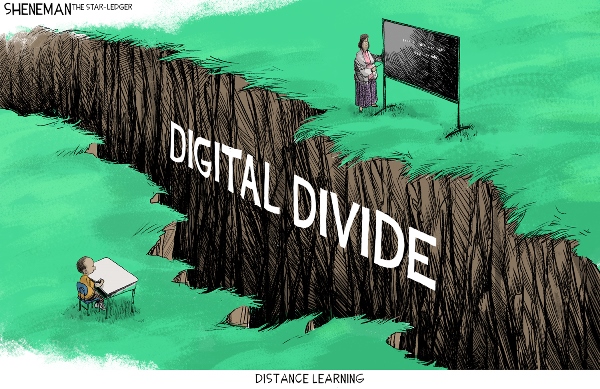By Olusegun Oruame in Matters eRising
As of Q4 2024, Starlink ranks as the third-largest Internet provider in Nigeria, with an impressive 23,897 active subscribers. For a satellite internet service that launched in January 2023, this is a remarkable achievement. Starlink has redefined the Nigerian internet market with faster speeds, superior service support, and broader availability, and now it’s poised to ignite a price war that could spell the end for traditional ISPs.
RELATED: Starlink is here, pricey but will alter the scale against existing competitors
By Q3 2023, Starlink had already grown to 11,207 customers despite its higher entry costs, trailing only behind Spectranet Ltd. with 113,869 active subscribers and FiberOne Broadband Ltd. with 27,000 active users. However, with its latest move—offering lower-priced packages—Starlink is making it clear that it’s here to dominate, not merely compete.
Elon Musk’s Change Mission: Starlink is transforming the African internet market
Starlink is transforming the African internet market, particularly in Nigeria, Kenya, and South Africa, with a combination of competitive pricing and superior speed. Elon Musk’s Change Mission is well underway, with a recent price cut in Kenya setting the tone. The introduction of the $30.87 Starlink Residential Lite plan—cheaper than the $50 Mini Standard package—has already put local players like Safaricom on notice. The same playbook is set to unfold in Nigeria.
Why Nigeria? The internet penetration rate is around 55 percent. With over 123 million internet subscribers, Nigeria boasts Africa’s largest internet market. However, much of this user base is plagued by sluggish, unreliable services, leaving room for Starlink to swoop in with faster, more affordable offerings. Starlink’s entry price has already dropped from N800,000 to under N500,000, and its monthly subscription fee is now less than N40,000.
Despite calls for regulatory intervention to protect legacy ISPs, Nigeria’s deregulated market is unlikely to slow down Starlink’s momentum.
But this is just the beginning. Starlink’s upcoming product offerings are expected to further crash internet prices, potentially driving traditional ISPs out of business. The company is also rapidly expanding its infrastructure. It is building new ground stations in Lagos, Ogun, and Rivers states. These will reduce latency by bypassing international data centers. The end game? It will position Starlink as Nigeria’s premier ISP.
ISPs must rework their strategies or die
With Starlink projected to capture 60% of the market within two years, established ISPs like Spectranet and FiberOne face a stark choice: adapt or face extinction. We’ve seen this before—NITEL and the once-ubiquitous cybercafés were pushed out by market forces. CDMA networks in Nigeria knocked by the rise of GSM operators. Now, Nigeria’s top ISPs must rework their strategies or suffer a similar fate.
The likes of Tizeti Network, ipNX Nigeria, Broadbased Communication, and VDT Communications must prepare for a future reshaped by satellite internet. Even mobile ISPs like MTN, Airtel, and Glo, while currently holding their ground, will need to contend with changing consumer preferences. Starlink’s competitive edge is formidable. It’s only a matter of time before the market shifts in its favour.
Despite calls for regulatory intervention to protect legacy ISPs, Nigeria’s deregulated market is unlikely to slow down Starlink’s momentum. Those unwilling to embrace new technologies or market approaches may find themselves facing the same fate as the dinosaurs.
However, Starlink isn’t without challenges. While local ISPs may struggle, Starlink faces potential competition from global players like ViaSat, OneWeb, and Amazon’s Project Kuiper. And don’t rule out the Chinese—last August, China launched its own “Thousand Sails” constellation of 15,000 low-earth orbit satellites, aiming to rival Starlink’s dominance.
For now, though, with over 5,000 satellites in its Starlink fleet, SpaceX’s constellation is the undisputed leader in space-based communications. Fear Elon Musk!





























